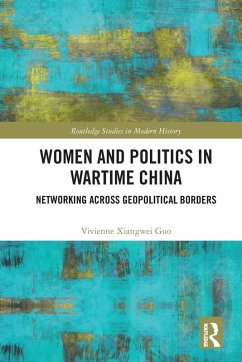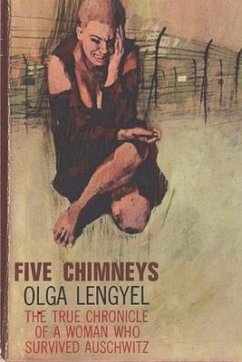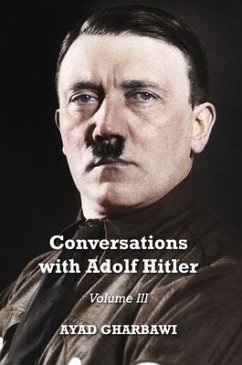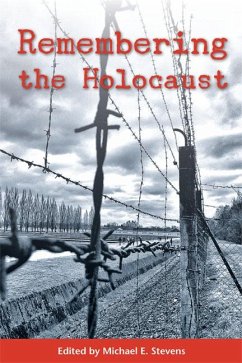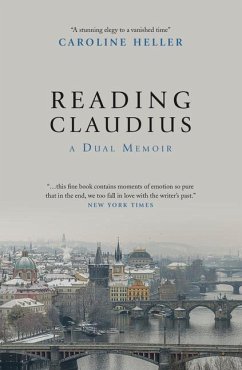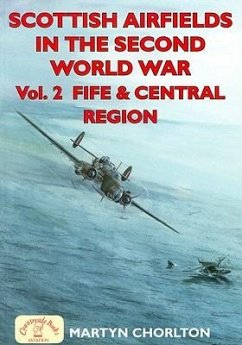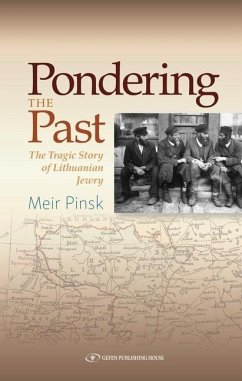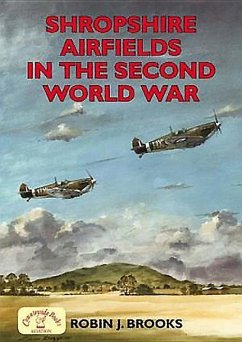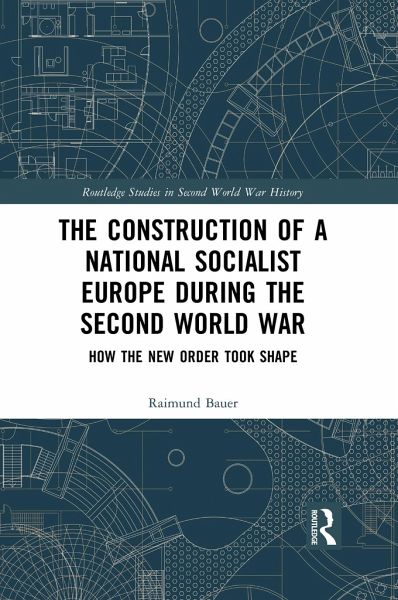
The Construction of a National Socialist Europe during the Second World War
How the New Order Took Shape
Versandkostenfrei!
Versandfertig in 1-2 Wochen
55,99 €
inkl. MwSt.
Weitere Ausgaben:

PAYBACK Punkte
28 °P sammeln!
Throughout the Second World War, the term 'Europe' featured prominently in National Socialist rhetoric. This book reconstructs what Europe stood for in National Socialist Germany, analyses how the interplay of its defining elements changed dependent on the war, and shows that the new European order was neither an empty phrase born out of propaganda, nor was it anti-European. Tying in with long-standing traditions of German European, völkisch, and economic thinking, imaginations of a New Order became a central category in contemporary political and economic decision-making processes, justifyin...
Throughout the Second World War, the term 'Europe' featured prominently in National Socialist rhetoric. This book reconstructs what Europe stood for in National Socialist Germany, analyses how the interplay of its defining elements changed dependent on the war, and shows that the new European order was neither an empty phrase born out of propaganda, nor was it anti-European. Tying in with long-standing traditions of German European, völkisch, and economic thinking, imaginations of a New Order became a central category in contemporary political and economic decision-making processes, justifying cooperation as well as exploitation, violence, and murder.






